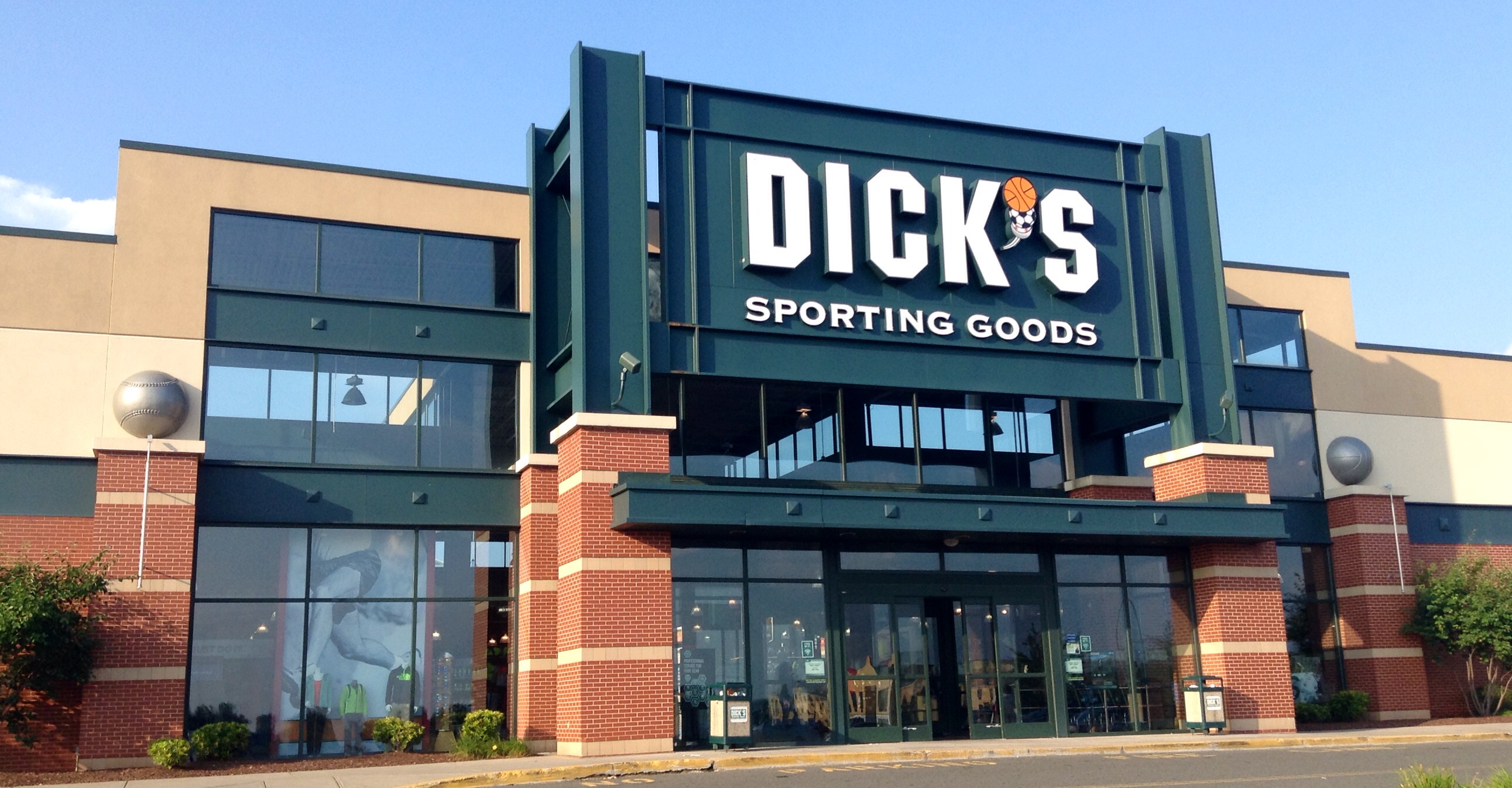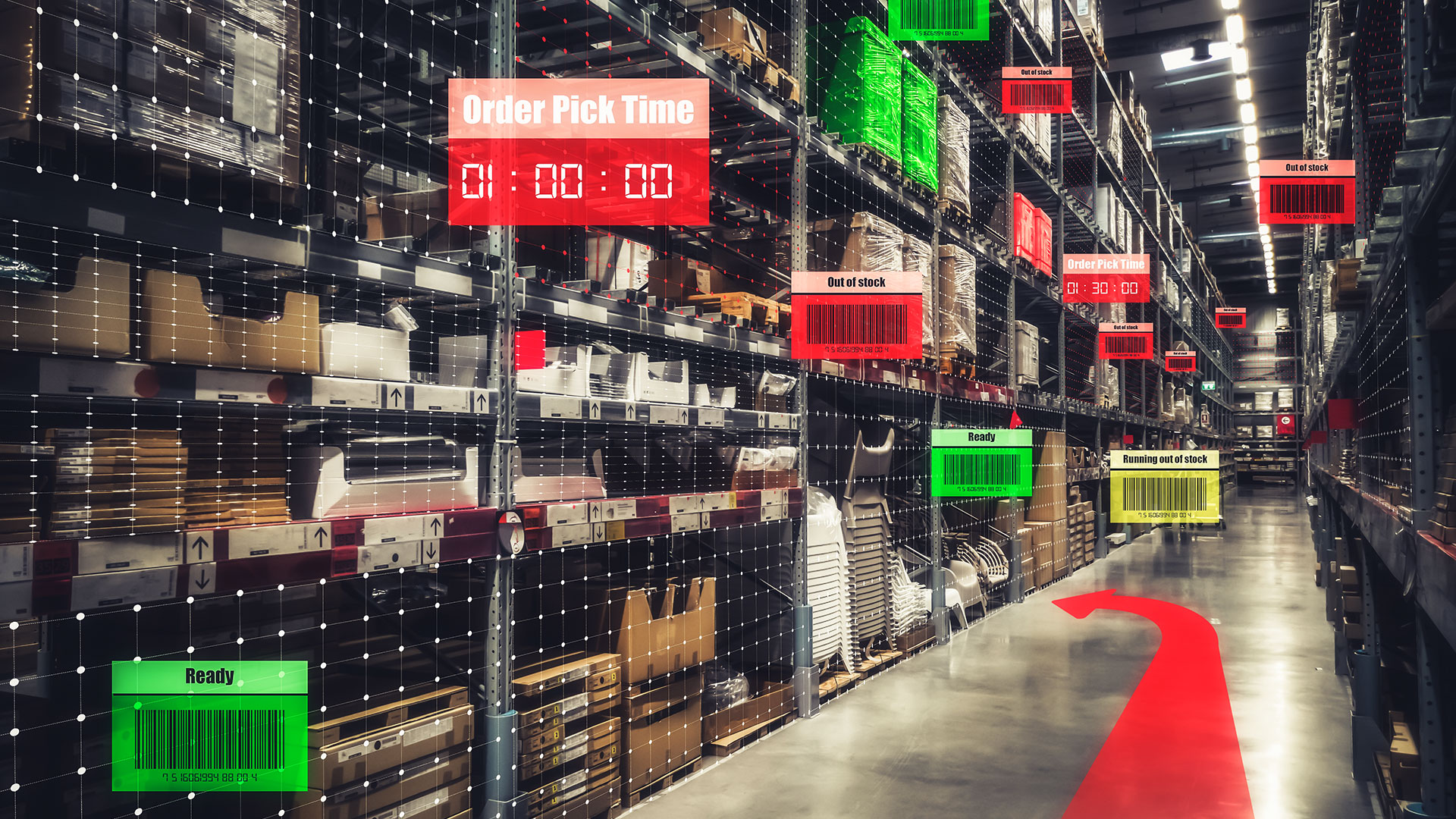Non-US movies Tariff

Estimated Reach in First 24 Hours: 2.3 Million
Mentions: 600K Posts and growing
In a bold and controversial move, Donald Trump has proposed a 100% tariff on non-U.S. films - a bombshell announcement that has sent shockwaves through the global entertainment industry. While the intention, according to Trump, is to "protect the dying U.S. film industry," reactions online have been explosive, polarizing, and deeply personal.
Divided Sentiment: Hope, Anger, and Fear
While a little over 1 in 5 posts express hope and support for a revival of the American film industry, the more dominant emotion is concern, not just economic, but cultural.
Negative sentiment is steeped in fear of retaliation, rising ticket prices, and the chilling effect it could have on independent and international storytelling. Supporters tend to frame the policy as a protective shield for American culture, but detractors view it as a short-sighted wall that isolates the U.S. creatively and economically.
Who's Really Talking?
The outrage and support aren’t just coming from film buffs in Los Angeles or New York. In fact, the conversation is deeply international, with passionate voices rising from all parts of the world.
The UK, accounting for 37.2% of conversations, with its storied film industry and heavy collaboration with Hollywood, is taking this personally. Industry veterans and everyday viewers alike are calling it an attack on one of America’s closest cultural allies, with many warning it could unravel decades of co-productions, talent exchange, and joint storytelling.
In India, the conversations center around Telugu and Bollywood cinema’s rising popularity in the U.S. which many consumers viewed as now at risk of being priced out of theaters or streaming platforms. They comprised 5,1% of all conversations.
Consumers in smaller countries like New Zealand and Ireland, are raising flags about what this could mean for filmmakers, freelancers, and cultural exports that rely on American audiences.
Loudest Reactions came from young voices
What’s striking isn’t just what’s being said - it’s who’s saying it.
Over 80% of the conversation comes from people aged 18 to 34, a demographic that grew up in the golden age of global streaming, anime fandoms, K-dramas, and cross-border collaboration in cinema. This isn’t just about policy to them , it’s personal.
This generation sees cinema not as a domestic product, but a global language. And to them, this move feels like cutting off half the dialogue.
Tariff Targets Cultural Powerhouses
Foreign cinema fans are calling it cultural isolationism, while Trump loyalists hail it as a patriotic lifeline. The UK’s British Film Institute and Sky News call it a potential “knockout blow” to British cinema, which has relied on transatlantic revenue and partnerships.
Telugu cinema, Bollywood, and even anime fans are sounding alarms about rising costs, limited theatrical releases, and the erosion of global film diversity in American theaters.
Next Target: Video Games?
Discussions are swirling about whether non-U.S. video games are next. Gamers fear that popular titles from Japan, Europe, and Korea could soon face the same fate of price hikes, access limitations, and reduced imports.
Jobs, CGI, and Freelance Fears
With studios outsourcing VFX and CGI to international vendors, consumers mentioned that a 100% tariff could cripple post-production pipelines and leave thousands of freelancers in limbo.
Divided America: Patriotism vs. Protectionism
Supporters say:
- Tariffs will revive American cinema, bringing back jobs and cultural dominance.
- U.S. films need protection to compete globally.
- It's time to stop “subsidizing” foreign industries with open markets.
Critics counter:
- It’s a protectionist overreach that punishes allies more than rivals.
- Ticket prices will soar, choice will dwindle, and cultural exchange will shrink.
- If China or Europe retaliate, Hollywood exports could suffer major losses.
As global conversations deepen, a “Cinematic Cold War” seems to be brewing. With 43.4% of online chatter happening on Twitter/X, users share:
“I’m glad President Trump wants to preserve America’s greatest cultural exports.”
“This could gut the UK film industry.”
“Trump wants to protect Hollywood? He hasn’t watched a subtitled film in his life.”
“If China strikes back, Hollywood could take a direct hit.”
The Big Picture
This isn’t just about movies anymore - it’s about identity, influence, and power in the global arena. The U.S. has long exported its stories to the world. Now, the world is watching to see what happens when America tries to close the curtain.
Read More

RILA Global Consulting Successfully Completes Rigorous Pharmacovigilance Audit
RILA Global Consulting’s flawless completion of a rigorous pharmacovigilance audit isn’t just a regulatory win — it’s a statement about the future of life sciences. In an era where pharmaceutical companies are under relentless scrutiny, RILA’s zero-finding result underscores the power of combining strict compliance with data-driven insights.
September 17, 2025
READ MORE

August 2025 Consumer Sentiment Report: Inflation Concerns, Debt Pressures, and the Rising Role of Customer Service
August 2025 painted a sobering picture of the American consumer psyche. Rising inflation, mounting debt stress, and frustration with declining service quality are shaping how people spend and interact with brands. RILA GLOBAL CONSULTING’s analysis of over 13 million online conversations shows negativity outweighing positivity by more than six-to-one, with customer service now a key factor in big-ticket purchase decisions. Consumers are seeking ways to manage debt, distrust budgeting apps, and want transparency from the brands they engage with. For businesses, this means that price alone won’t win loyalty — service, honesty, and strategic weekend engagement could be the difference between losing and keeping a customer in today’s fragile economy.
September 16, 2025
READ MORE

Dick’s Sporting Goods Social Listening Report: What Consumers Said in August 2025
August 2025 revealed Dick’s Sporting Goods as a brand at the center of consumer conversation — praised for its product quality, community engagement, and innovative retail experiences, yet challenged by customer service frustrations and competitive pressure from Amazon. Social listening data not only exposed what consumers celebrated and criticized but also reflected broader retail trends — from merger speculation with Foot Locker to concerns about retail theft and shifting stock market sentiment. For retailers, this report is a reminder that monitoring digital conversations isn’t just about tracking mentions — it’s about decoding the cultural and competitive forces shaping consumer expectations and using those insights to make smarter, faster business decisions.
September 16, 2025
READ MORE

Why ACIP & CDC Updates Matter and How Social Listening Keeps Pharma Ahead
ACIP and CDC vaccine updates don’t just set public health policy—they ignite immediate conversations that ripple across physicians, patients, media, and advocacy groups. For pharmaceutical companies, the challenge isn’t simply keeping up with these changes, but anticipating how they’ll be interpreted, debated, and sometimes misrepresented in real time. By harnessing social listening, pharma can move beyond reacting to policy shifts and instead proactively shape narratives, protect brand trust, and align with the voices that truly influence healthcare decisions.
September 10, 2025
READ MORE

Red Lobster’s Nostalgia-Driven Rebrand: Small Volumes, Big Cultural Impact
Red Lobster’s nostalgia-fueled rebrand shows that cultural influence isn’t always about volume—it’s about emotional resonance. By reviving memories of family dinners, “endless shrimp” feasts, and the iconic Cheddar Bay biscuits, the brand is turning retro charm into modern relevance. What’s striking is that the loudest voices aren’t its traditional diners, but Millennials and Gen Z, who are remixing Red Lobster into meme culture and digital conversations. With fewer than 2,000 mentions sparking nearly 40,000 engagements, the brand demonstrates that a carefully crafted nostalgia strategy can punch far above its weight—proving that in today’s attention economy, smaller but stickier cultural moments may be the true measure of success.
September 10, 2025
READ MORE

RILA Global Impact Grant: Research for Good
RILA Global Impact Grant: Get up to $25K in pro bono research to boost your nonprofit, NGO, or mission-driven organization’s social impact.
August 23, 2025
READ MORE

RILA GLOBAL CONSULTING Welcomes Steve Becker as Managing Partner to Lead New Market Research Services
A new chapter in AI-powered research as Steve Becker takes on Managing Partner role at RILA Global Consulting.
August 23, 2025
READ MORE

Using AI to Uncover White Space Opportunities in CPG
In today’s competitive consumer packaged goods (CPG) industry, success is no longer about shelf space but about uncovering white space opportunities, those unmet consumer needs and hidden market gaps that drive growth and innovation. Artificial intelligence (AI) is revolutionizing how brands identify these opportunities by analyzing consumer sentiment, competitor activity, purchase behaviors, and search patterns in real time. From predicting emerging trends to validating product ideas, AI empowers small and mid-sized CPG companies to achieve first-mover advantage, reduce launch risks, and align with evolving consumer values. By leveraging AI-driven insights, brands can transform data into market-leading products that capture demand before competitors even notice.
August 16, 2025
READ MORE

AI-Powered Product Launches in CPG: Insights from Real-Time Data
AI is transforming product launches in the consumer packaged goods (CPG) industry by replacing guesswork and delayed feedback with real-time, data-driven decision-making. For small and mid-sized enterprises (SMEs), this shift levels the playing field, enabling brands to track consumer sentiment, predict demand surges, and optimize marketing and inventory strategies on the fly. Unlike traditional launches that rely on outdated research and rigid plans, AI-powered tools deliver actionable insights from social media, ecommerce, and POS systems in real time—helping companies reduce wasted spend, reallocate resources dynamically, and boost sales performance. By starting small with pilot launches, setting clear success metrics, and building agile response systems, SMEs can turn product launches into repeatable, scalable growth strategies rather than high-stakes gambles.
August 16, 2025
READ MORE